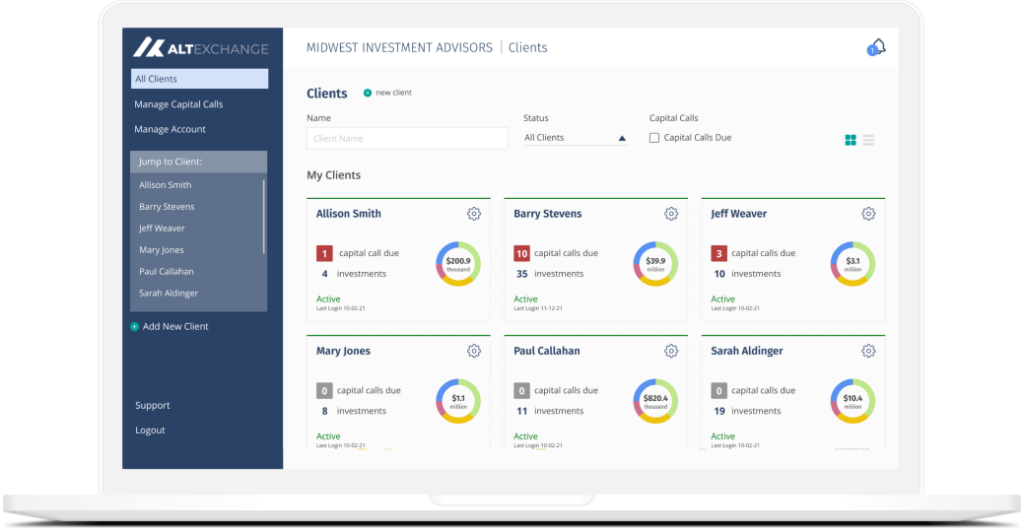When it comes to financial planning, one of the most important things advisors can do for their clients is help them diversify their investment portfolios. This means including a variety of different asset types, so that if one investment falls in value, the rest of the portfolio can help offset those losses.
In this article , we’ll be discussing alternative investments and how financial advisors can use them to further diversify their clients’ portfolios.
Diversifying With Alternative Investments
Alternative investments are becoming increasingly popular as investors look for ways to diversify their portfolios. Alternative investments cover a wide variety of different asset types outside of the traditional public markets.

One of the main reasons alternative investments are so popular right now is because they offer portfolio diversification that is not available with traditional investments. By including alternative investments in a portfolio, investors can reduce their risk exposure and improve their overall returns.
There are a number of different types of alternative investments, and each has its own unique risks and rewards. Some of the most popular alternative investments include real estate, hedge funds, private equity, and venture capital. Each of these investments has its own benefits and drawbacks, so it’s important to do your research before investing.
Preparing for Recession With Alternative Investments
Alternative investment asset classes can be a great way to protect your portfolio during times of recession and inflation. In fact, many of them have outperformed traditional investments during these times.
Real estate is one of the best-performing alternative investment asset classes. During times of recession, real estate prices tend to hold up better than most other types of investments. And during times of inflation, real estate is often one of the few assets that still provides a return on investment.

Hedge funds are another great alternative investment for protecting your portfolio. They tend to do well during times of market volatility, and they provide a degree of protection against inflation.
Private equity and venture capital are also two great alternatives for protecting your portfolio. They tend to perform well during times of recession, and they offer a higher potential return than most other types of investments.
Alternative Investment Strategies
Investors and advisors who include alternative investments in their portfolios typically manage them using a combination of strategies. One common approach is to allocate a fixed percentage of the portfolio to alternative investments, regardless of market conditions. This helps to ensure that the portfolio remains diversified at all times.
Another common approach is to use alternative investments as a hedging strategy. For example, if an investor is worried about the stock market crashing, they may purchase some hedge fund investments as a way to protect their portfolio.

Managing Alternative Investments
Managing alternative investments can be quite complex, so it’s important to work with a financial advisor who has experience with these types of investments.
If you’re an advisor managing a series of complex alternative investment portfolios, it can become overwhelming quickly. AltExchange eliminates common pain points of managing complex alternative investments including fragmentation, unstructured data, scattered documents, limited performance visibility, and more.

If you’re an advisor, investor, or asset manager looking for a full-solution management and reporting solution, please get in touch.